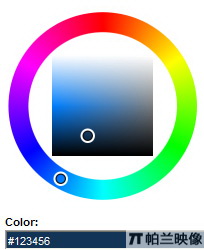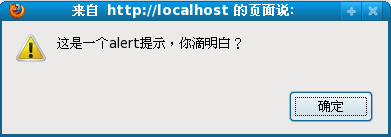|
|
Ext.state.CookieProvider = function(config){
Ext.state.CookieProvider.superclass.constructor.call(this);
this.path = "/";
this.expires = new Date(new Date().getTime()+(1000*60*60*24*7)); //7 days
this.domain = null;
this.secure = false;
Ext.apply(this, config);
this.state = this.readCookies();
};
Ext.state.CookieProvider = function(config){
Ext.state.CookieProvider.superclass.constructor.call(this);
this.path = "/";
this.expires = new Date(new Date().getTime()+(1000*60*60*24*7)); //7 days
this.domain = null;
this.secure = false;
Ext.apply(this, config);
this.state = this.readCookies();
};
我們可以通過設定expires的值來改變默認的存儲時間,比如:
復制代碼 代碼如下:
this.expires: new Date(new Date().getTime()+(1000*60*60*24*365)), //一年
this.expires: new Date(new Date().getTime()+(1000*60*60*24*365)), //一年
或者我們可以在開始位置的Ext.onReady函數中加上以下的代碼
復制代碼 代碼如下:
Ext.state.Manager.setProvider(
new Ext.state.CookieProvider({
expires: new Date(new Date().getTime()+(1000*60*60*24*365)), //一年
}));
JavaScript技術:javascript Ext JS 狀態默認存儲時間,轉載需保留來源!
鄭重聲明:本文版權歸原作者所有,轉載文章僅為傳播更多信息之目的,如作者信息標記有誤,請第一時間聯系我們修改或刪除,多謝。



